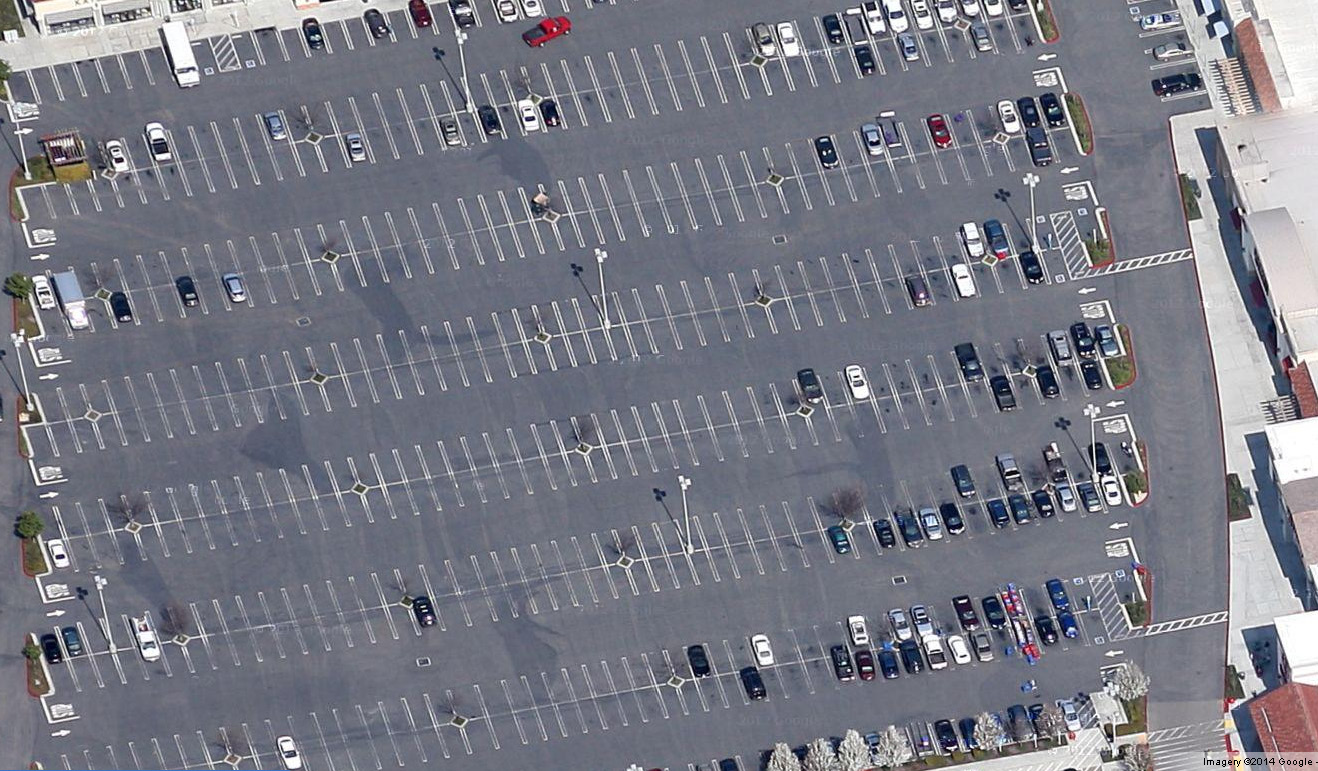Dallas Developer Monte Anderson has a marvelous and elaborate metaphor for explaining how to do incremental development. He calls it "farming". His recommended approach is straightforward. Pick the place you are going to focus your development efforts. Mark off the boundaries on an actual paper map. Do it on purpose. That's your farm. Look for opportunities within the boundaries of your farm. Mark the locations of vacant or underutilized parcels, empty buildings, the street that is too wide and fast that could benefit from on-street parking, the place for the street market. Look for excuses to walk around the place where you have decided to work. This is the place where you are going to create and harvest value.
Incremental Development is a better description for what Monte is advocating than small scale development. In the end you should be building/rebuilding a neighborhood one increment at at time. If you are committed to that neighborhood you will want to build lots of relationships with the folks who already live and work there. You should understand the local institutions, schools, churches, local non-profits, hospitals, and barbeque joints. The more time you spend in your chosen neighborhood, the greater your chance of finding ways to help make it better. You will also increase your chances of meeting people who are glad to help you. In addition to being the right thing to do, cultivating the neighborhood is going to be the right thing for the financial performance of the buildings you build or renovate. The neighborhood is going to provide the principal amenity for your buildings. So if you have chosen the place you want to stake your claim on, don't get distracted by attractive "one-off" projects outside of your farm. Those projects might produce some revenue, but that revenue will come with a significant opportunity cost. Those isolated efforts won't add any value to your other buildings in the neighborhood that should have your attention. Don't let your analysis of how a building might perform become myopic. Look at the context in addition to the simple back-of-the-envelope pro forma you should be doing for any property you are considering. Understand why an OK deal in close proximity to your other buildings could be much better than an excellent deal in a distant place where you will see zero synergy. Your time, attention, and relationships are your critical resources. Nothing will move forward for your efforts without those resources, so don't spread them around. Focus and concentrate them on your chosen farm.




 There is a relationship between how woefully uninformed people are about parking and how epically they lose their shit over parking problems. I am really tired of explaining the basics of modern parking management to people who seem incapable of using the Internet. Here are the highpoints from Donald Shoup's fine book
There is a relationship between how woefully uninformed people are about parking and how epically they lose their shit over parking problems. I am really tired of explaining the basics of modern parking management to people who seem incapable of using the Internet. Here are the highpoints from Donald Shoup's fine book